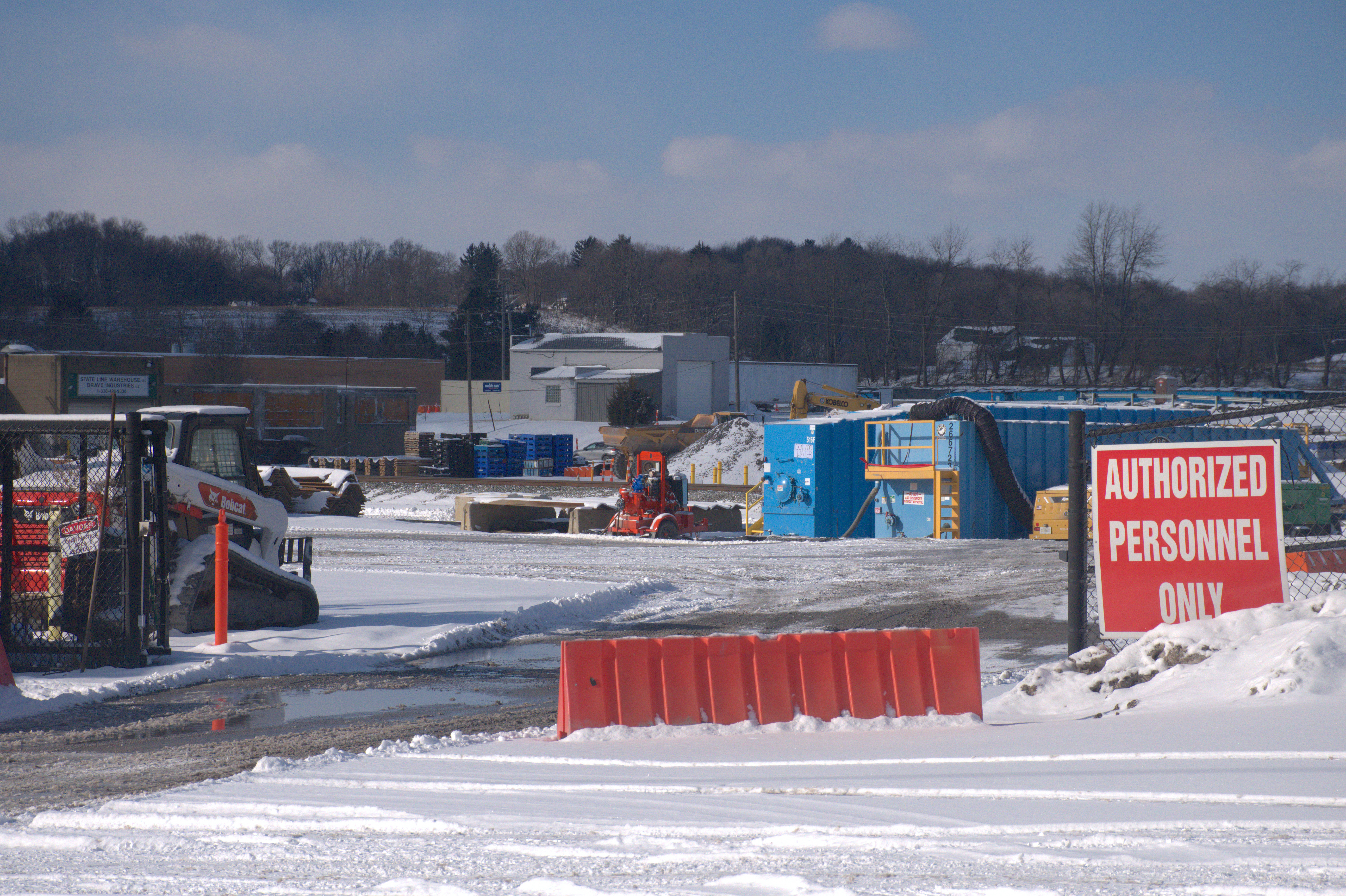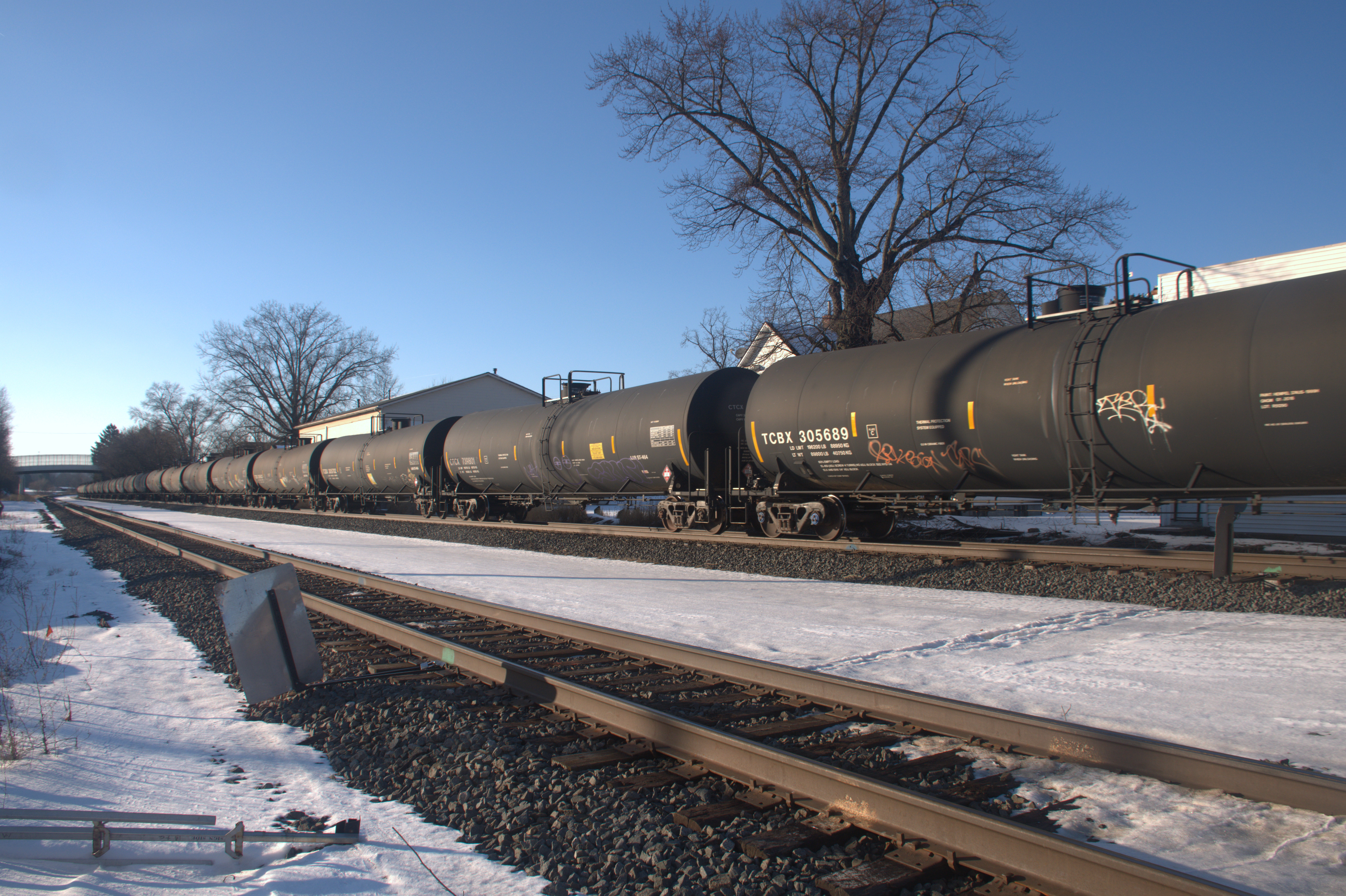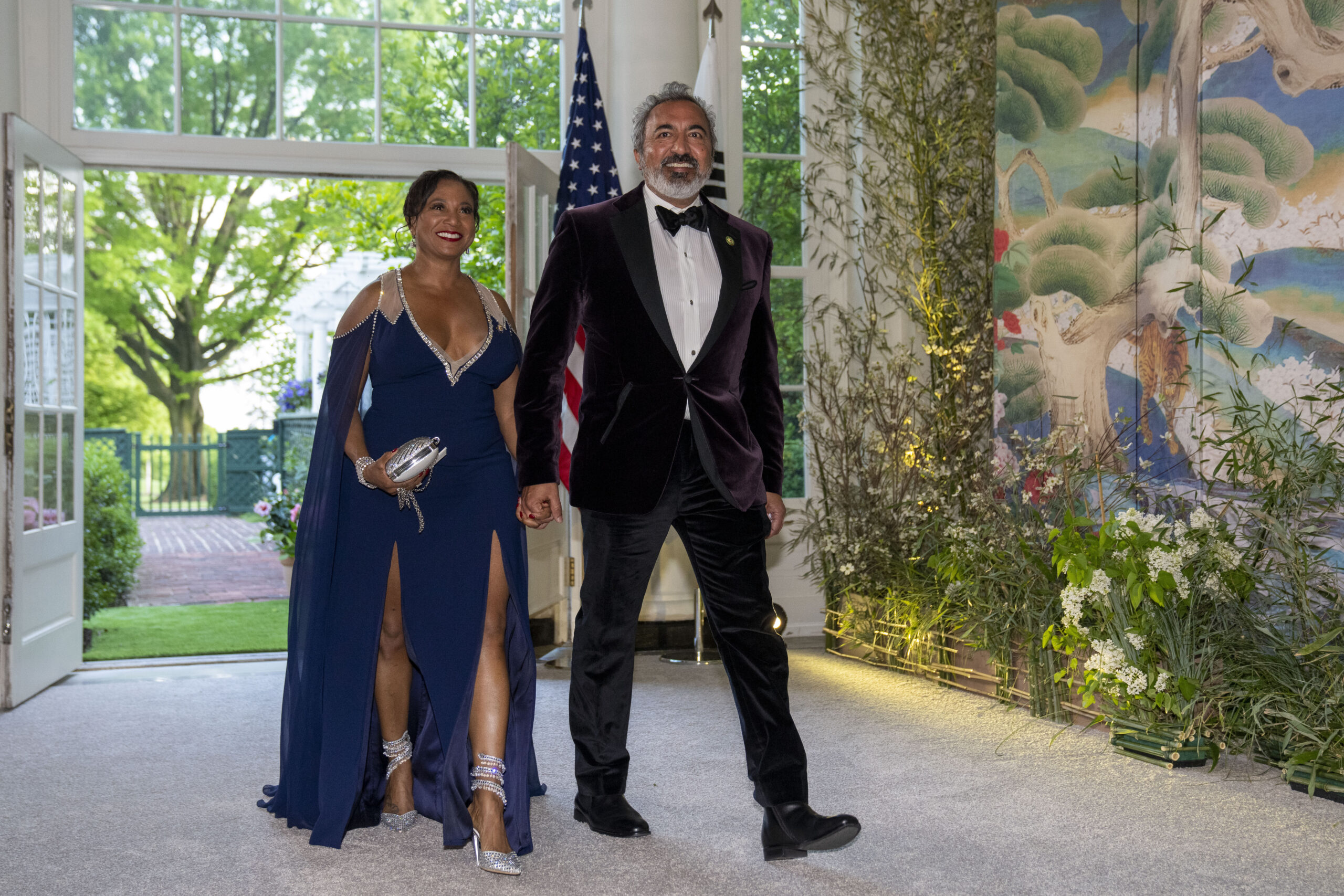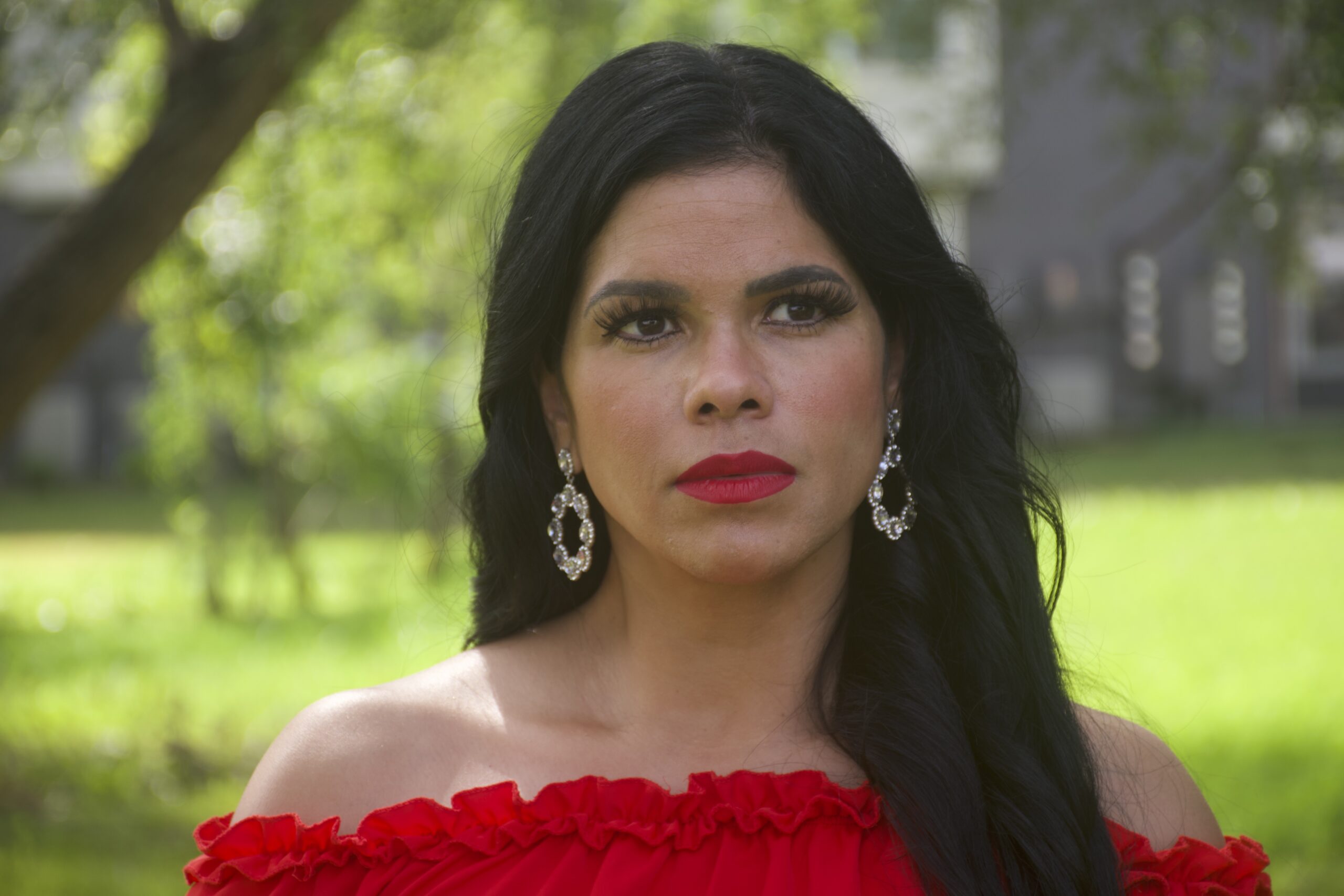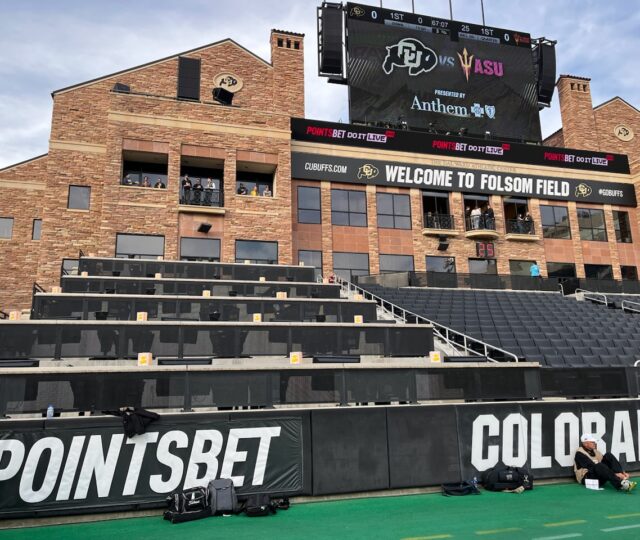The Howard Center for Investigative Journalism

Health, environmental concerns divide East Palestine two years after train derailment, toxic fire
After the train derailment that blanketed East Palestine in toxic fumes, Norfolk Southern has undertaken a massive cleanup operation. Still, residents complain of ongoing symptoms that they attribute to chemical exposure and question the long-term health consequences.
Two years after derailment, trains with toxic chemicals still roll through East Palestine
After a Norfolk Southern train derailment spewed a toxic cloud that drove thousands in East Palestine from their homes, freight trains with the same chemicals central to that disaster roll through town — with few steps taken by lawmakers to prevent another disaster.
Planes, trains and luxury stays: Despite reforms, lobbyists still involved in House travel
Congressional reforms passed nearly 20 years ago were supposed to severely restrict the role of lobbyists in congressional trips. A new investigation shows those reforms aren’t working.
How ISIS-K killed Americans, beat the Taliban, and massacred 140 people in Moscow
ISIS-K is too radical for the Taliban, experts say, and is pulling new recruits from disaffected youth in Afghanistan and across Central Asia.
Lethal Restraint: An investigation documenting police use of force
Why did more than 1,000 people die after police subdued them with force that isn’t meant to kill? This three-year investigation by the Associated Press, FRONTLINE (PBS) and The Howard Centers for Investigative Journalism at the University of Maryland and Arizona State University has answers.
In Texas, natural disasters increase domestic violence risks
After Hurricane Harvey and Winter Storm Uri, domestic violence calls dropped immediately because of outages but in the days that followed, they rose.
Gambling on Campus
As sports betting in the U.S. soars, universities have been slow to recognize a potential problem. Only about one in five major public universities has policies in place to restrict sports betting or educate students about potential perils. A handful have sports betting platforms as corporate sponsors. Those companies have purchased the right to promote their brands at stadia and on university sports websites to students, many of whom are under age for legal betting. That’s a growing concern for betting-addiction experts who cite years of research showing that college students are among the highest risk group for gambling addiction.
Mega Billions: The great lottery wealth transfer
Using an analysis of cellphone location data, this nationwide investigation of state lotteries found that stores that sell tickets are disproportionately clustered in lower income communities in nearly every state and that their customers come from those neighborhoods. This pattern, coupled with predatory advertising practices and powerful state lobbying efforts, is driving a multibillion-dollar wealth transfer from low-income U.S. communities to powerful multinational companies, the collaboration between the Howard Center and Boston University found.
Unlevel Playing Fields
This collaboration between the Howard Center, The Shirley Povich Center for Sports Journalism and PBS NewsHour revealed that high school girls are still at a disadvantage nearly 50 years after Congress passed the sweeping Title IX law that guarantees equity for girls and boys in school-based athletics. In nearly a dozen stories and a national poll, the investigation illustrated girls’ second-class status, explained why the law isn’t working and examined solutions to fix the situation.
Title IX, which passed in 1972, is a federal law that prohibits sex-based discrimination at any school that receives funding from the federal government, including in sports programs. While Title IX has led to a significant increase in girls playing scholastic sports, it has fallen short of achieving equity for high school girls in areas such as facilities, equipment, scheduling and publicity, the four-month, student-led investigation found.
Printing Hate: How white-owned newspapers incited racial terror in America
From the end of Reconstruction to 1940, newspapers were the most powerful news medium in the U.S. But many printed headlines and stories that fueled racial hate, inciting massacres and lynching of Black citizens. In 36 stories, students from UMD, the University of Arkansas and five historically Black colleges and universities — Morgan State University, Howard University, North Carolina Agricultural & Technical State University, Hampton University and Morehouse College — investigated the role of newspapers that still exist today in some form. They also created an interactive database using tens of thousands of records from the Library of Congress that allows readers to look up coverage in their own backyards. They profiled some of the courageous Black journalists who provided a counternarrative to the racist white press. And they created a mini-documentary about the massacre of Black residents of Elaine, Arkansas, after sharecroppers tried to get better prices for their cotton.
Essential and Exposed
At the height of the pandemic, workplace safety systems often failed to protect workers considered essential to keeping key goods and services flowing. This series examined those failures by telling the stories of workers at Walmart, the nation’s largest employer; of foreign workers brought legally to the U.S. to pick crabs and process oysters in the Mid-Atlantic; of poultry workers in Arkansas’ chicken and turkey processors; and of health department workers who were overwhelmed by the demands on their offices in Massachusetts. The package, a collaboration among UMD, Boston University, the University of Arkansas and Stanford University, also includes a podcast telling the stories of airport workers, many behind the scenes, who risked their health to keep airplanes flying.
Election mail
As voters worried whether a slowed-down U.S. Postal Service could handle a surge of mailed ballots amid the coronavirus pandemic, the Howard Center partnered with USA Today to measure mail performance in real time in critical swing states. They sent packages each week containing GPS units about the size of a fun-size Snickers bar and tracked their journey in both Democratic- and Republican-leaning areas in Arizona, Florida, Michigan, Ohio, Pennsylvania, Wisconsin and Nebraska’s 2nd Congressional District. Since the GPS units made the envelopes heavier than a standard ballot, reporters also used ordinary letters sent by certified mail with the bar codes logging each step from a mailbox to a location near an election office.
Nowhere to Go
This yearlong project, a collaboration among seven journalism schools, did deep dives into the causes and potential solutions to homelessness. The investigation told the stories of people living on the streets and people facing eviction from apartments, trailer parks and public housing during the pandemic. It documented the consequences when cities criminalize homelessness and examined whether one alternative — community courts — is effective. The Howard Center developed a suite of web scrapers to gather tens of thousands of court records from online court record management systems, and partnered with Stanford University’s Big Local News project to extend the technology for use by a wider group of journalists. In addition to Stanford, the collaboration included the University of Oregon, Boston University, the University of Arkansas, the University of Florida and Arizona State University.
Saltwater Invasion
Around the country, scientists are sounding the alarm about saltwater intrusion. But this investigation found the responses on the ground are sometimes inadequate and may not be sustainable because they run up against economic pressures from development, farming and tourism. Meanwhile, invading saltwater is resculpting the East Coast, threatening drinking water and driving farmers from their land.
Pushed too far
Twenty-two Division I college football players have died since 2000 from exertion-related illnesses suffered during a workout or practice, according to an analysis by the Howard Center and The Shirley Povich Center for Sports Journalism, in collaboration with USA Today. Yet football programs and coaches faced few repercussions from institutions or the NCAA, even when they violated recommended safety precautions that might have prevented death.
Growing Up Behind Bars
The United States was the only country to condemn minors to life in prison with no chance for parole. In recent years, the Supreme Court has ruled this unconstitutional. Yet this investigation, a collaboration between the Howard Center and PBS NewsHour, found that more than 2,000 so-called juvenile lifers remain in prison in what the court says is cruel and unusual punishment.
Code Red: Baltimore’s Climate Divide
This collaboration with NPR and Wide Angle Youth Media vividly illustrated the price humans pay as the planet gets hotter. With an abundance of concrete and little shade, urban heat islands like one in Baltimore are getting hotter faster and staying hotter longer. And the people who live there are often sicker, poorer and less able to protect themselves.The investigation, using heat and humidity sensors the students built, found that rising temperatures in such neighborhoods will mean more trips to the hospital for heart, kidney and lung ailments. Drugs to treat mental illness and diabetes won’t work as well. And pregnant women will give birth to more children with more medical problems. Solutions exist. But growing more trees to undo decades of discriminatory redlining, and rebuilding streets and sidewalks to reflect the heat are expensive — and take time.
Contact The Howard Center
Kathy Best, Director | Phone: 301-405-8808 | Email: klbest@umd.edu
Sean Mussenden, Data editor | Email: smussend@umd.edu

